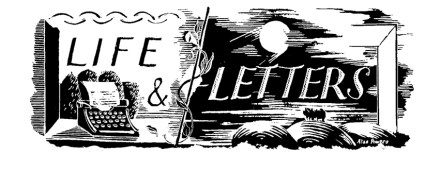Journal of a disappointed man
Simon Goldhill introduces his new book by recalling a lunch with his editor, who suggested he make a pilgrimage and write about it. Pilgrimages, he reflected, tend to be made alone, but he is gregarious, so decided that he needed to make up, with his wife and another couple, ‘a party of four Jews’, to keep him company and supply comic material. He is a classics don at Cambridge, where he also directs something called the Victorian Studies Group, so his editor suggested he do ‘something Victorian’, and the result is Freud’s Couch, Scott’s Buttocks, Brontë’s Grave. The title does no one any favours, but the book offers a brief



